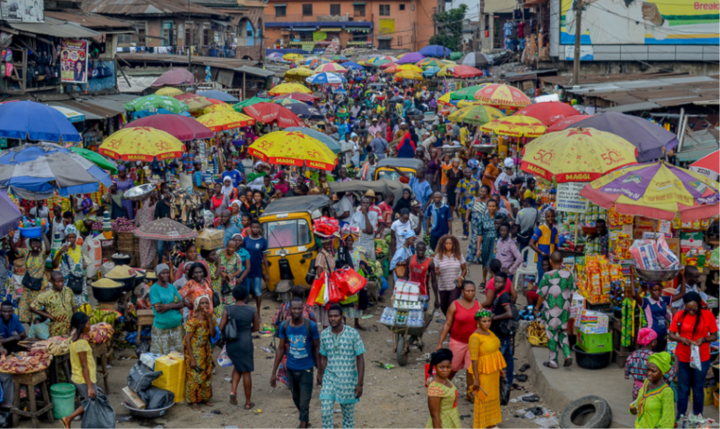At the conclusion of 2023, residents in urban areas of Nigeria are facing challenges associated with a higher inflation rate, which has surged to 31%. This observation points to the economic difficulties experienced by urban dwellers as they navigate the impact of rising prices and increased cost of living.
The statement highlights a specific demographic, namely urban-based Nigerians, and their shared experience of contending with a notable inflationary trend. The elevated inflation rate underscores the economic pressures faced by those residing in urban centers, where the cost of goods and services has seen a significant uptick.
The mention of the specific inflation rate, 31%, provides a quantitative measure that reflects the severity of the inflationary environment. This figure conveys the extent to which prices have risen, impacting the purchasing power and financial well-being of urban residents.

By specifying the timeframe as the end of 2023, the statement contextualizes the inflationary challenge within a particular period, allowing for a more precise assessment of economic conditions. It indicates that the observed inflationary pressures are not a generalization but a snapshot of the economic landscape at a specific point in time.
In conclusion, the rephrased statement conveys that urban-based Nigerians are grappling with a heightened inflation rate of 31%, emphasizing the localized impact on this demographic and the economic challenges they face as a result.
Support InfoStride News' Credible Journalism: Only credible journalism can guarantee a fair, accountable and transparent society, including democracy and government. It involves a lot of efforts and money. We need your support. Click here to Donate
